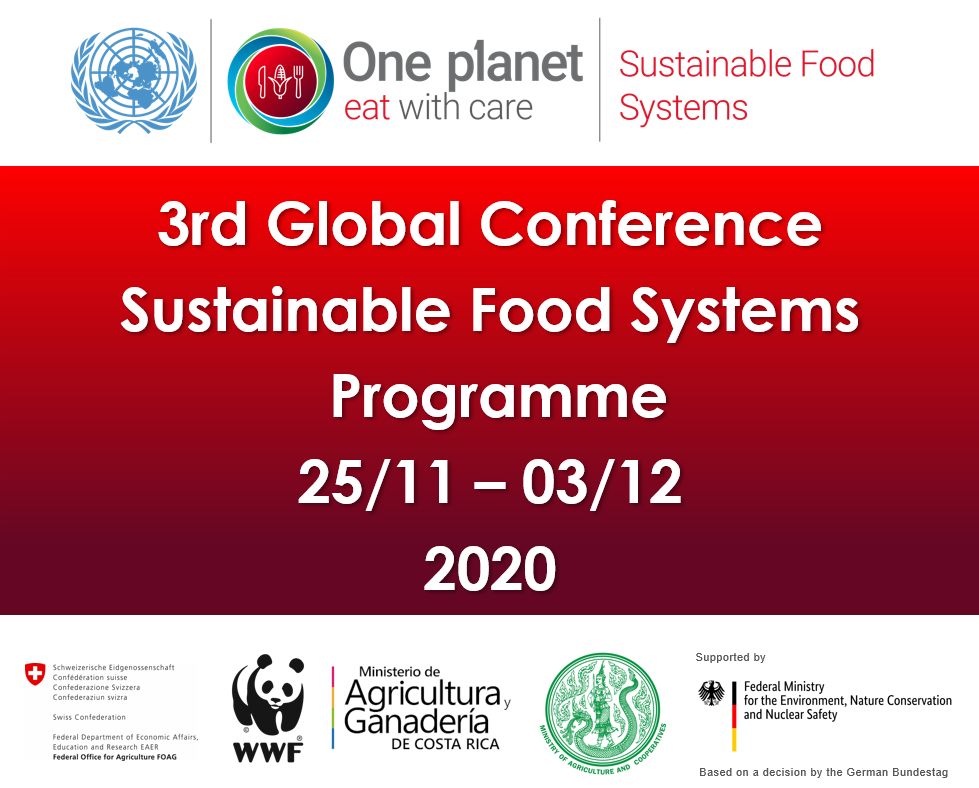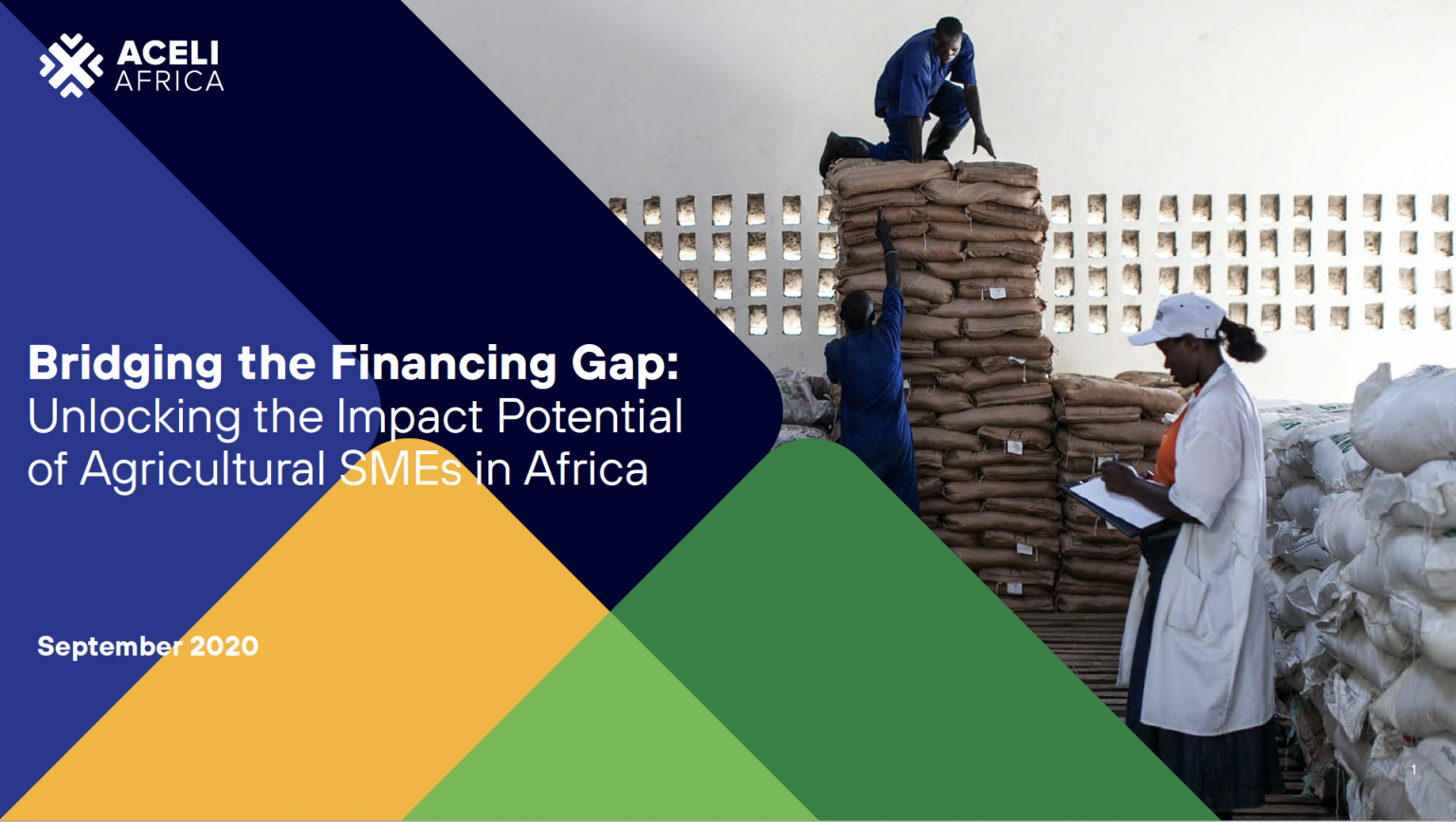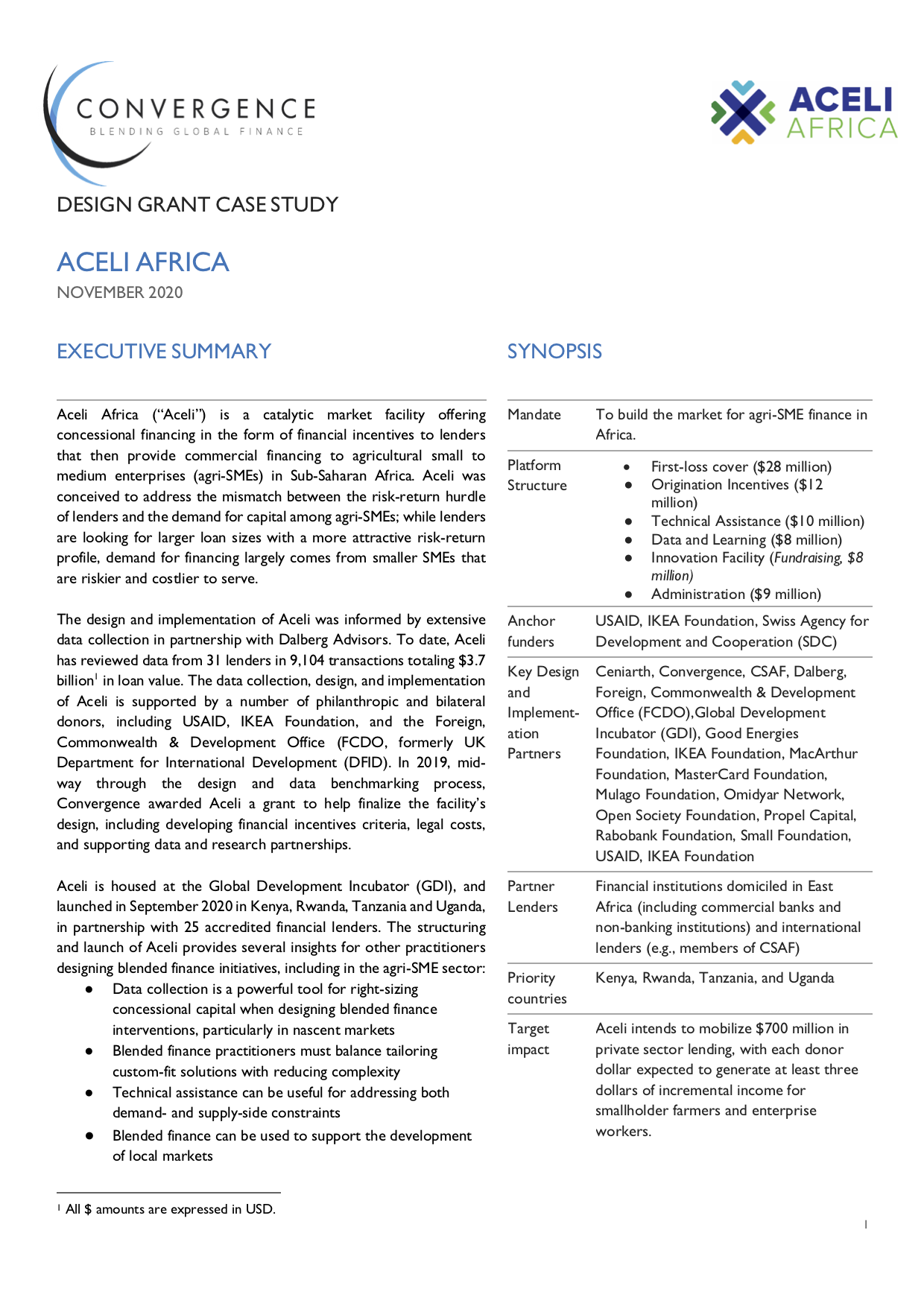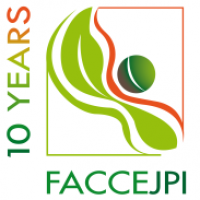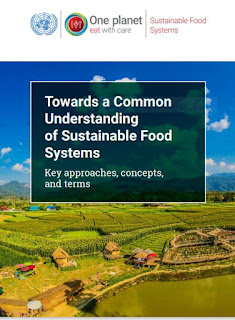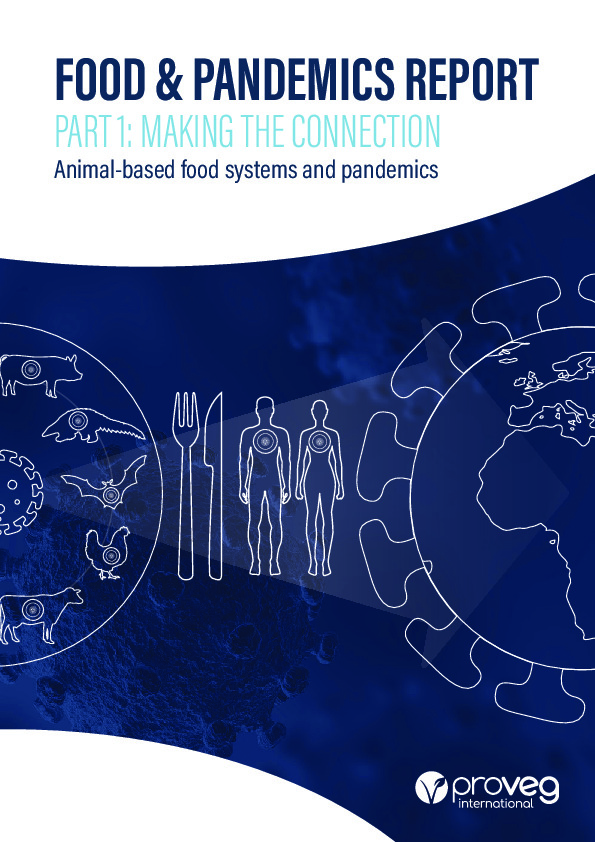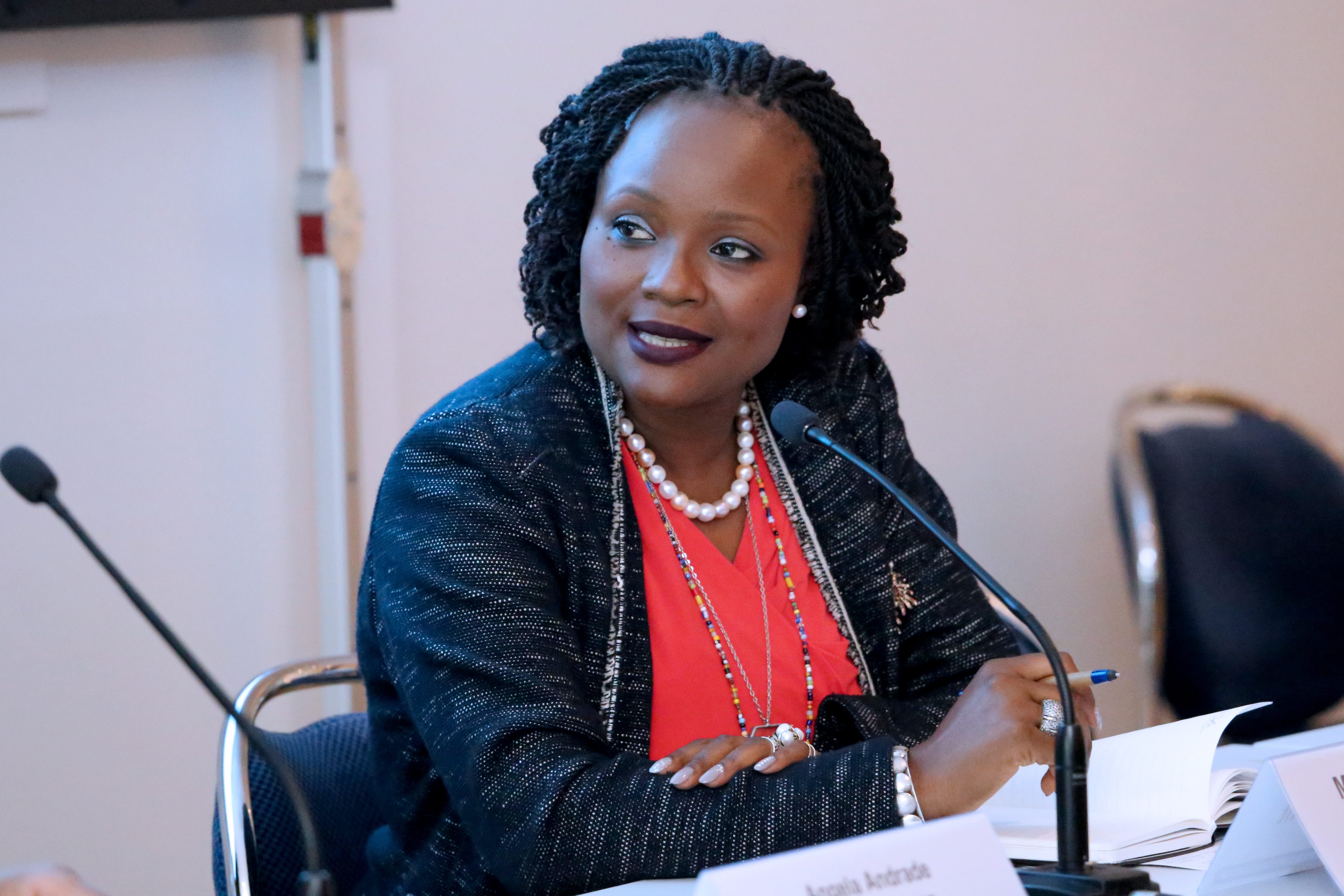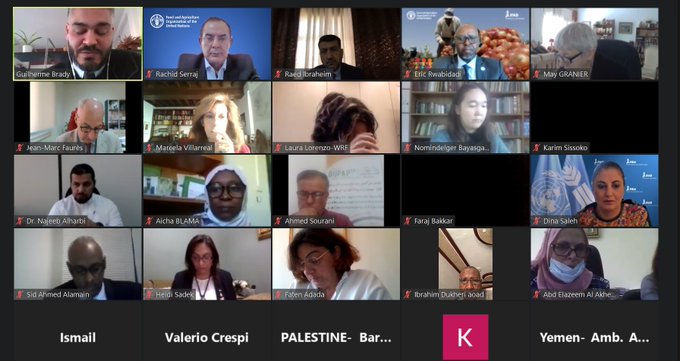The purpose of this 3rd global conference is to provide substantial input to the UN Food Systems Summit that is tentatively scheduled for the third quarter of 2021, building on the achievements of the SFS Programme’s membership during the first five years of implementation as well as the outcomes of the Programme’s previous two global conferences.
- Aceli Africa and Dalberg Advisors analyzed data from 31 lenders to assess the economics and low volumes of agri-SME lending
- Agriculture & agri-SMEs are particularly important in East African economies, but the sector remains chronically under-financed
- Annual financing gap of ~$65bn for African agri-SMEs with financing needs of $25k to $1.5m
- Agri-SMEs in this $25k-$1.5m segment are under-financed in part because they fall between two lending business models
- Three lender types target different agri-SME segments and all have room to grow – if the lending economics can be improved
- Data collection is a powerful tool for right-sizing concessional capital when designing blended finance interventions, particularly in nascent markets
- Blended finance practitioners must balance tailoring custom-fit solutions with reducing complexity
- Technical assistance can be useful for addressing both demand- and supply-side constraints
- Blended finance can be used to support the development of local markets
- Chair Ulf Jaeckel, BMU, Germany
- Daniela Acuña, Ministry of Agriculture, Chile
- Ply Pirom, WWF Thailand
- Andre Nel, Pick n Pay
- Daniel Vennard, World Resources Institute
- Chair Stineke Oenema, UNSCN Coordinator
- Erika Bozzay , OECD - Introduction to the potential and requirements of public food procurement to function as a key food system transformation tool,
- Florence Tartanac, FAO
- Anne-Marie Saulnier, ECPAR
- Peter Defranceschi, ICLEI
- Doris Yawa Gab, Ghana
- Agnes Kalibata, Scial Envoy for 2021 Food Systems Summit
- Renato Alvarado Rivera, Minister of Agriculture and Livestock, Costa Rica
- Christian Hofer, Director-General, Federal Office for Agriculture, Switzerland
- Joao Campari, Global Leader Food Practice, WWF
- David Nabarro, Co-Director of the Imperial College Institute of Global Health Innovation, Imperial College London, and Head, 4SD
Moderation: Charlotte Flechet, RIKOLTO
Presentation of the initiative: Food Systems Multi-Stakeholder Governance Mechanisms: an assessment of experiences + Multi-stakeholder Mechanisms cases:
- Marina Bortoletti, UNEP food systems Associate Programme Officer
- Carmen Torres, International consultant, One Planet Network SFS Programme
- Mr. Samuel Ikua, Nairobi and Environs Food Security, Agriculture and Livestock Forum (NEFSALF);
- Ms. Inoshi Sharma, Director, Food Safety & Standards Authority of India (FSSAI), & Head, Eat Right Initiative;
- Mr. 'David Jácome Polit, Quito Agri-Food Pact (PAQ)
- To what extent the success for the creation of markets for agroecology depend on public policy?
- What policy instruments (e.g. public procurement, labelling schemes, regulation, etc) can support markets for agroecology?
- How can public policy support agroecological markets across different scales (e.g. local level, rural-urban nexus at the national level, or global supply/value chains)?
- Minister Edward Centeno, Minister of Agriculture and Husbandry of the Republic of Nicaragua
- Cesar Carrillo, Director of Supply at the Secretary of Economic Development, Mayor's Office of Bogota, Colombia
- Patrick Honauer co-founder Food Networks, social entrepreneur
- Representative from ROPPA (Network of Farmers’ and Agricultural Producers’ Organisations of West Africa)
- Moderator: Celine Termote (Alliance Bioversity International-CIAT)
- Introduction by Jamie Morrison, Director, ESF, FAO;
- Máximo Torero (Chief Economist, FAO),
- Plácido Plaza (Secretary General, CIHEAM),
- Isidro González (Deputy Secretary General, UfM);
- Sandro Dernini, Coordination Desk’s Coordinator;
- José Valls Bedeau, Focal point, FAO;
- Roberto Capone, Focal point, CIHEAM;
- Alessandra Sensi / Giuseppe Provenzano, Focal Points, UfMS
- Chair Christian Hofer, Director-General, Federal Office for Agriculture, Switzerland
- Lawrence Haddad, GAIN
- Ajay Vir Jakhar, Bharat Krishak Samaj
- Joao Campari, WWF
- Michelle Nunn, CARE USA
- Saleemul Huq, ICCCD
- Chair: Lawrence Haddad, Executive Director, GAIN
- Vice-chairs: Godfrey Bahiigwa, Director of Rural Economy and Agriculture, African Union Commission, Sheryl Hendricks (University of Pretoria. South Africa)
- UN anchoring agency: Food and Agriculture Organization (FAO) of the United Nations
9 December 2020. Action Track 2 Public Forum
- Chair: Gunhild Stordalen, Founder and Executive Chair, EAT Foundation
- Vice-chairs: Ajay Vir Jakhar, Chairman, Bharat Krishak Samaj, Lana Weidgenant, Real Food Systems, Deputy Director at Zero Hour International
- UN anchoring agency: World Health Organization (WHO)
- Chair: Joao Campari, Global Leader Food Practice, WWF International
"Trade off must be considered as well as synergies" - Vice-chair: Lavetanalagi Seru, Alliance of Future Generations
- UN anchoring agency: United Nations Convention to Combat Desertification (UNCCD)
- Chair: Michelle Nunn, President and CEO, CARE USA
- Vice-chairs: Shakuntala Thilsted, Research Program Leader for Value Chains and Nutrition, World Fish
- Mai Thin Yu Mon, UN Global Indigenous Youth Caucus – Program Director for the Indigenous Peoples Development Program of Chin Human Rights Organization
- UN anchoring agency: International Fund for Agricultural Development (IFAD)
- Chair: Saleemul Huq, Director of the International Centre for Climate Change & Development
- Vice-chairs: Sandrine Dixson-Declève, Co-President of the Club of Rome
- Mike Khunga, SUN Global Youth Leader for Nutrition, SUN CSN, and Project Officer, Civil Society Organisations Nutrition Alliance
- UN anchoring agency: World Food Programme (WFP)

